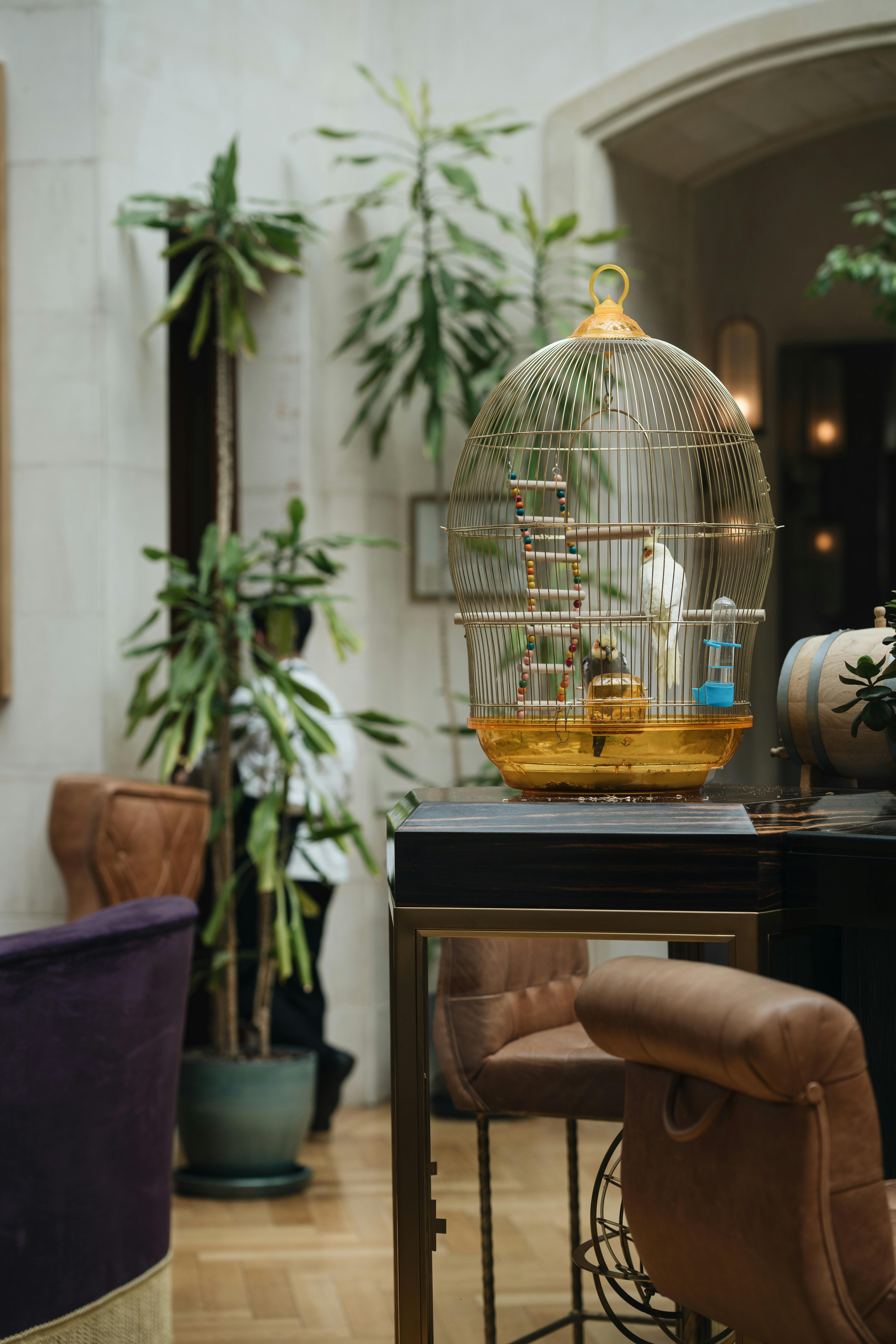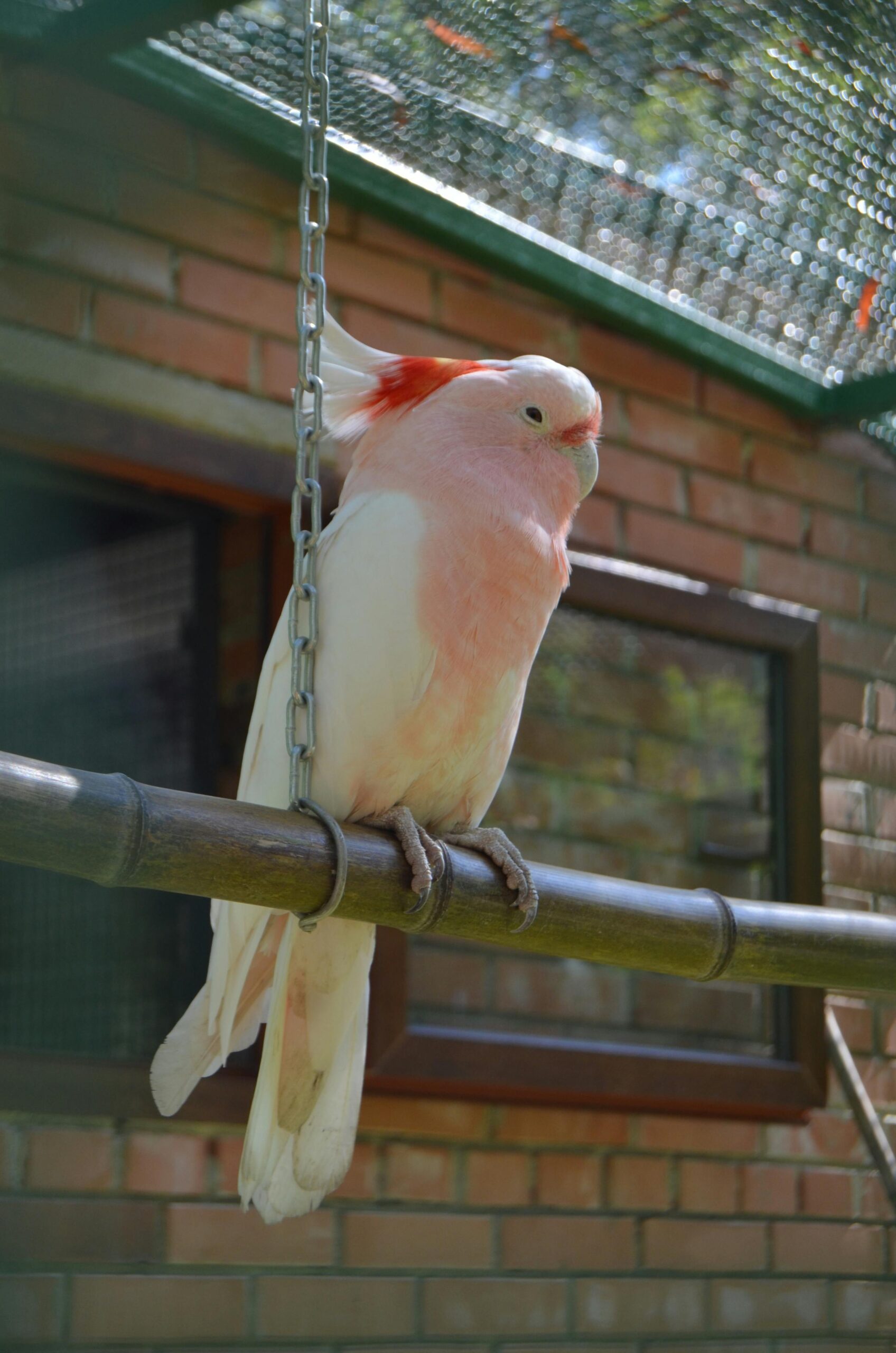Best 7 Parrot Breeds to Consider for a Lifelong Companion in 2025
Parrots are renowned for their vibrant colors, unique personalities, and sociability, making them one of the most beloved pet birds worldwide. As a potential parrot owner, understanding the lifespan of different parrots is crucial, as some species can become lifelong companions, living for decades. It’s essential to explore which parrot breeds have the potential for longevity, how to care for them properly, and factors affecting their lifespan. This guide will provide insights into the best parrot breeds to consider in 2025, along with essential care tips that contribute to a happy and healthy life for your feathered friend. From the lifespan of exotic species to their nutritional needs, we’ve got you covered!

Understanding Parrot Lifespan and Care
Before diving into our list of the best parrot breeds, it’s essential to understand the various factors that affect parrot lifespan. The average parrot life can vary significantly based on species, care practices, and environmental conditions. Longevity in pet parrots often depends on proper nutrition, preventive veterinary care, and an enriched living environment.
On average, smaller parrot species, like budgerigars, have shorter lifespans, generally around 5 to 15 years, whereas larger species such as macaws can live up to 50 years or more in captivity. It’s important to evaluate parrot health regularly, monitor any signs of aging in parrots, and provide appropriate care as they age. Let’s further explore the various factors influencing a parrot’s lifespan and key considerations for prospective owners.
This assessment naturally leads us to the key breeds that promise companionship and longevity.
The Role of Nutrition and Health Monitoring
One of the most important aspects of caring for a parrot is ensuring they receive a balanced diet. Parrots require an array of fruits, vegetables, grains, and specially formulated pellets to meet their nutritional needs. Factors affecting parrot lifespan often stem from improper diet and lack of veterinary care, leading to common diseases that can shorten their lives. Regular avian health checkups are essential to catch any issues early on. Parrot care tips include monitoring weight, ensuring proper hydration, and avoiding toxic foods. By fostering a solid foundation of health, you can enhance your parrot’s life significantly.
Creating an Enriched Environment
Environmental enrichment for parrots is pivotal in promoting mental and physical well-being. Parrots thrive in dynamic environments where they can explore, play, and engage in social interactions. Providing a variety of toys, perches, and opportunities for exercise can result in a happier parrot, which in turn can influence its lifespan. Ensuring that your parrot has the best living conditions—such as appropriate cage size, safety protocols at home, and a stimulating environment—will significantly reduce stress and lead to longer and healthier lives.
Veterinary Care and Lifespan
Timely veterinary care plays a crucial role in maintaining your parrot’s health. Establishing a relationship with an avian veterinarian is vital for all parrot owners. Regular check-ups can help prevent diseases and manage illnesses effectively. Owners should also stay educated on common issues in parrot ownership, addressing any behavioral or health problems as they arise. Fresh knowledge about bird health monitoring will empower you to spot signs early and take appropriate action.
Top 7 Parrot Breeds for Lifelong Companionship
Here’s a closer look at the top seven parrot breeds that not only offer wonderful companionship but also exhibit impressive life expectancies, ideal for those looking for a pet for years and years. Each species has unique characteristics and care requirements that contribute to their longevity and suitability as pets.
1. African Grey Parrot
Widely regarded as one of the most intelligent parrot breeds, African Grey Parrots can live between 40 to 60 years in captivity. Their extraordinary cognitive abilities and charming personalities make them captivating companions. Proper socialization, mental challenges, and nutritious food are vital for their longevity. Adopting an African Grey often involves understanding their complex social needs and providing sufficient interaction daily.
2. Macaw
Macaws are magnificent, boasting vibrant plumage and engaging personalities. They can live anywhere from 50 to 80 years with proper care. They thrive on companionship and can develop strong bonds with their owners. It’s essential to ensure they have ample space to fly and roam, a well-balanced diet, and plenty of enrichment activities.
3. Cockatoo
Cockatoos are known for their affectionate nature and striking looks. With a lifespan of about 40 to 70 years, they require lots of attention and love, making them ideal for those who can invest time into their care. Understanding parrot behavior and meeting their social needs will keep them happy and healthy.
4. Amazon Parrot
Amazons are lively and talkative, making them one of the top choices for families. Their lifespan ranges from 25 to 50 years. These parrots require social interaction, physical activities, and a well-rounded diet to thrive. Regular veterinary visits and monitoring of their health will ensure a long and fulfilling life.
5. Budgerigar
Budgerigars, or budgies, are delightful, smaller parrots that can live between 5 to 15 years. They are sociable and playful, making them great for first-time bird owners. While their lifespan may be shorter than larger breeds, with the right environmental conditions and care, they can still make lasting companions.
6. Eclectus Parrot
Known for their sexual dimorphism—males are vibrant green while females are red and purple—Eclectus parrots can live 30 to 50 years. They have distinct dietary needs that must be met to ensure their health. Understanding avian dietary requirements will be crucial for owners looking to adopt this beautiful species.
7. Quaker Parrot
Quaker parrots, also known as Monk Parakeets, can live 20 to 30 years, and they are known for their energetic and playful demeanor. They are clever and social, often loving interaction with their human companions. Providing them with engaging activities and opportunities for socialization will enhance their lifespan.
How to Prolong Your Parrot’s Life
Understanding how to prolong parrot life involves a mix of good care practices and regular health monitoring. Regular exercise, mental stimulation, and an optimal diet are the cornerstones of a long parrot lifespan. Additionally, recognizing signs of a healthy parrot, like active behavior and bright eyes, can help catch potential health issues early. Adopting and caring for a parrot requires a commitment but rewards you with a bond that lasts for decades.

Q&A: Common Questions About Parrot Lifespan
What factors affect the lifespan of pet parrots?
Several factors can influence the lifespan of a parrot, including species genetics, diet, environmental conditions, and the quality of care they receive. Owners who prioritize veterinary care and proper nutrition can significantly enhance their parrot’s longevity.
How can I tell my parrot is aging?
Signs of aging in parrots can include decreased activity levels, changes in feather quality, and alterations in their vocalization patterns. Regular health monitoring is crucial to identify these changes and adjust care accordingly.
What are common myths about parrot lifespan?
Many believe that all parrots have short lifespans, but this is not true. Several species, such as macaws and African Greys, can live for several decades with the right care. Understanding species-specific life expectancies is essential for potential owners.
How does captivity impact parrot lifespan?
Parrots in captivity often have longer lifespans than those in the wild due to reduced predation risks, regular food availability, and veterinary care. However, they require mental stimulation and social interaction to thrive.
Are there specific dietary needs for different parrot species?
Yes, each parrot species has unique nutritional needs based on their natural diets. Owners should research and provide species-appropriate food to support their parrot’s health and longevity.
Conclusion
Choosing the right parrot breed is an important step towards ensuring a lifetime of companionship. Understanding factors impacting their lifespan and implementing proper care practices will set the foundation for a healthy, vibrant life for your pet. Whether you opt for a social cockatoo, an intelligent African Grey, or a playful budgerigar, each offers their unique charm and a significant bond. For more information about parrots, visit here or here.
